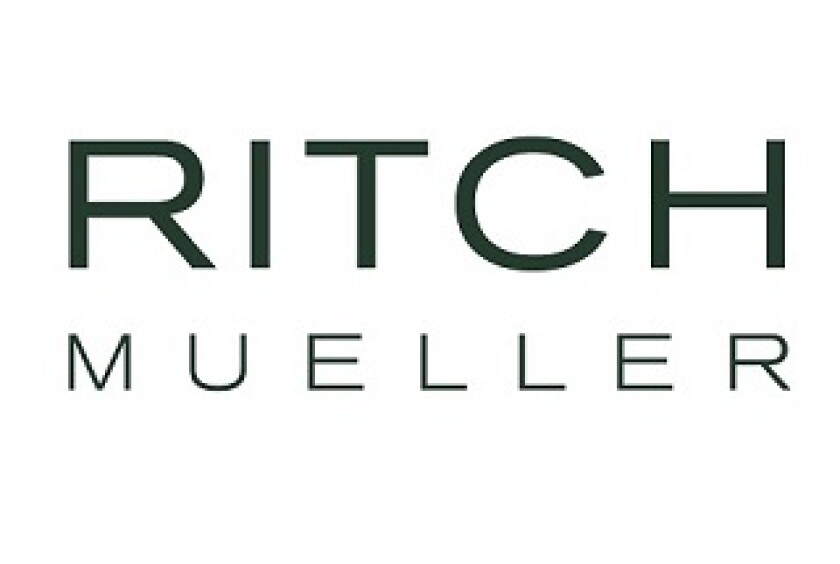
The tax authorities issued an internal criterion through which they intend to disallow the application of the reduced 4.9% withholding tax rate on interest paid by Mexican non-regulated financial companies (commonly known as SOFOMs as per their Spanish acronym), when interest payments are made to non-Mexican “related persons”. Even if such a position overrides Article 166 of the Mexican Income Tax Law (MITL), the Mexican authorities’ intention is to collect 35% of the gross interest paid by SOFOMs.
In general terms, Article 166 states that the 4.9% withholding tax rate applies to Mexican source interest when it is:
Derived from securities listed in the Mexican Stock Exchange;
Paid by Mexican banks and SOFOMs;
Received by foreign banks (applicable under Transitory Article 2-VI of the MITL in force as of 2017); and
Derived from securities listed by a Mexican resident in a country with a double tax treaty with Mexico.
It is worth mentioning that interest paid and received by banks and SOFOMs may come from all sorts of financial instruments, including securities and plain vanilla loans.
Article 166 also establishes that the 4.9% rate should not be applicable if the beneficial owners, directly or indirectly, individually or together with other “related persons”, receive more than 5% of the interest derived from “a specific security”, and are:
Shareholders of more than 10% of the voting shares of the issuer; or
A legal entity that is owned by the issuer who holds more than 20% of the legal entity.
The term “related persons” is broader than “related parties” as it covers any business link between two persons, any common interest between two persons, and any relationship with a third party that has a business link with two persons that have a business link or common interest. This comprehensive definition may convert many third party transactions into transactions subject to the highest withholding tax rate applicable to Mexican source interest.
The application of the 4.9% withholding tax rate was only limited in transactions carried out between “related persons” when dealing with securities issued by a Mexican resident entity, which may include SOFOMs. However, based on what the tax authorities called a “harmonic interpretation of the tax law”, in the recently published internal criterion 64/ISR/N,it is concluded that in the case of SOFOMs, these restrictions apply not only to securities but also to other kinds of financial instruments or loans.
Internal criteria issued by the Mexican tax authorities is not binding for taxpayers. Nevertheless, it should be observed by officials during tax audits. Therefore, transactions executed with Mexican SOFOMs should be carefully analysed to make a risk analysis in case of a possible dispute, and evaluate if other Mexican tax formalities have been properly fulfilled in order to have a strong defence case (e.g. electronic invoicing, informative returns, back-to-back or dividend characterisation rules, thin capitalisation and transfer pricing).
It would also be relevant to consider that this internal criterion was issued in connection with interest paid by SOFOMs. However, the same position should be applicable to payments made by Mexican banks as they are regulated under the same subsections and paragraphs of Article 166.
This article was written by Oscar A. López Velarde of Ritch, Mueller, Heather y Nicolau, SC.
Oscar A. López Velarde (olopezvelarde@ritch.com.mx)
Ritch, Mueller, Heather y Nicolau, S.C.










